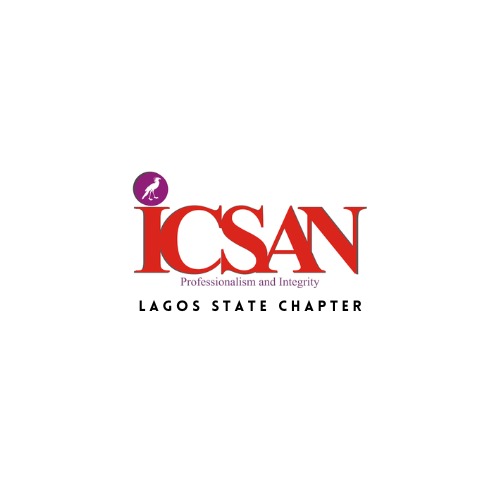Artificial Intelligence (AI) is no longer a futuristic concept — it is already shaping how governments function and how businesses operate. Yet, while the technology promises efficiency and innovation, it also raises critical concerns about governance, ethics, and long-term sustainability.
This was the central message from the Institute of Chartered Secretaries and Administrators of Nigeria (ICSAN), which recently sounded a call for urgent action. At a press briefing in Lagos, Vice President Francis Olawale warned that Nigeria cannot afford to treat AI casually. Representing the Institute’s president, Uto Ukpanah, Olawale argued that AI is “a revolution, not just a tool,” and stressed the need for ethical frameworks to guide its use in leadership and corporate management.
According to him, the real threat is not job displacement but the possibility of losing control over the systems humans create. In governance, where leaders are tasked with decision-making, coordination, and providing direction, AI is already taking a role — from data-driven policy analysis to automated decision support systems. This makes it vital, Olawale noted, for professionals to embrace the technology responsibly.
ICSAN’s upcoming 49th Annual Conference, scheduled for September 18–19 in Lagos, will further explore these issues under the theme “Reimagining Governance: Navigating the Artificial Intelligence Revolution for Excellence.” The event will bring together figures such as Seplat Energy’s Chairman, Senator Udo Udoma, and Chams Holding Company’s Dr. Femi Oyenuga, who will share insights on steering governance through AI’s disruptive wave.
Beyond high-level talks, the Institute has linked the conference to social responsibility efforts, including a nationwide Walk-for-Life wellness campaign and book donations to schools. Recognition will also be given to leaders and organizations setting new standards in corporate governance.
But at its core, ICSAN’s message is clear: AI should not be feared as an obstacle but embraced as a partner in creativity, efficiency, and sustainable development. For Nigeria, the question is no longer whether AI will transform governance — it is whether the country can shape that transformation ethically and strategically before the pace of change outstrips its control.

